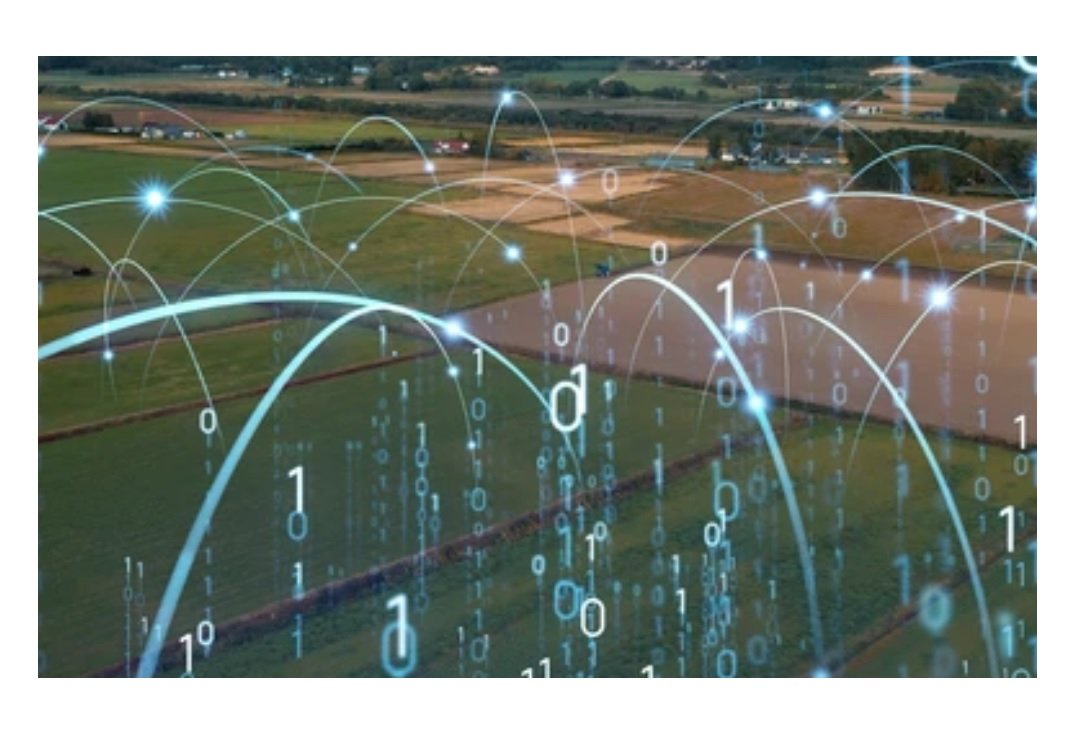How Agri Analytics Influence Agricultural Resilience
By Dr Sat Kumar Tomar, Founder and CEO, Satyukt Analytics
The amount of data in the agriculture sector is increasing at an exponential rate. Smart tractors, drones, and other linked farm equipment are examples of connected equipment (IoT) gadgets that are starting to accumulate data. Growers and leaders in agriculture are realising that big data holds the key to unlocking discoveries that could accelerate the development of new technologies and improve soil health, plant genomics, animal management, and other areas. With embedded AI, agriculture analytics may extract useful insights that can improve agricultural production, animal and plant health, sustainable practices, and more.
With over 50 per cent of its population engaged in farming, the impact of ever-changing climate patterns on agriculture is profound in India. Notably, as two-thirds of the farmland in the country depends on rainwater, the climate stands as the primary factor affecting crop productivity.
Climate change is therefore a major worry, impacting agriculture both directly and indirectly. This change reflects itself through higher global temperatures, rising sea levels, more intense rainfall, glacier melting, shifts in crop growing seasons, and an increased frequency of extreme events like droughts and floods.
In light of the above, the use of agri-analytics, incorporating soil testing, plant disease diagnosis, precision agriculture, digital farming, agricultural remote sensing, and more, is increasingly vital in enhancing agricultural sustainability and productivity.
Soil Testing for Precision Agriculture
Soil forms the foundation of agriculture, and its health directly influences crop yields. In India, where more than 70 per cent of cultivated land suffers from soil degradation, soil testing is a crucial component of agricultural resilience. Soil testing involves analysing the nutrient content, pH levels, and other parameters of the soil to determine its health. By utilising data from soil testing, farmers can make informed decisions about fertilisers and irrigation, leading to improved crop yields and reduced environmental impact.
Plant Disease Diagnosis for Crop Health
Climate change brings not only unpredictable weather patterns but also altered pest and disease dynamics. The increased prevalence of pests and diseases poses a significant threat to crop health. Accurate and timely diagnosis of plant diseases is crucial for early intervention, preventing crop losses, and reducing the need for chemical pesticides. Agri-analytics can assist farmers by offering tools and technologies for plant disease diagnosis, allowing for quicker responses and more sustainable pest control methods.
Precision Agriculture and Farming
Precision agriculture and precision farming are methodologies that integrate technology and data-driven approaches to optimise crop production. These techniques can mitigate the risks associated with climate change. Precision agriculture primarily involves utilising advanced technologies such as ground, air or satellite-based sensors to manage resources efficiently. It enables precise planting, irrigation, and harvesting, reducing waste and increasing yields. By adopting precision farming practices, farmers can adapt to changing climate conditions and enhance agricultural resilience.
Digital Farming for Data-Driven Decision Making
Digital farming which boasts of various technologies, including precision agriculture, data analytics, and the Internet of Things (IoT) allows farmers to collect and analyse data from sensors, drones, and other sources to make informed decisions about their crops and land. Digital farming empowers farmers with real-time information about weather conditions, soil health, and crop growth, enabling them to respond proactively to climate-related challenges.
To read more click on :https://agrospectrumindia.com/e-magazine
By Dr Sat Kumar Tomar, Founder and




